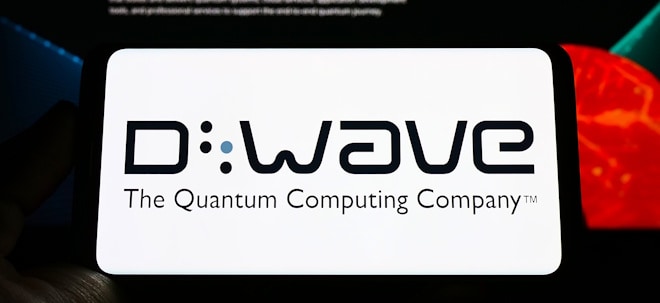No future for many dotcoms
KNIGHT RIDDER
--------------------------------------------------
In the aftermath of the stock market collapse, investors are trying to work out which technology stocks can bounce back and which will sink towards oblivion.
Most experts say the Internet will continue to grow and anything connected with its backbone - hardware, software, networking - could be a solid investment.
But many dotcoms are in serious trouble, particularly those that have been losing money and have only vague concepts about how to reach profitability.
"The whole problem was caused by the froth of a very, very strong bull market and investors' appetite for Internet stocks really facilitated a large number of bad business plans," said Shawn Severson, vice-president of equity research at Raymond James.
"They're doomed to be unsuccessful."
Investors would do much better, he said, by looking for "a few key winners" in areas such as the hardware infrastructure of the Internet.
"Cisco wins. Nortel wins. Lucent wins. And then there's wireless infrastructure like Motorola or Conexant," Mr Severson said.
For much of the past year, eager tech investors have been searching for new ways to value money-losing dotcoms as their stock prices soared.
Some measured rises in revenue or "hits" from surfers, figuring each hit eventually would generate money. But as last week's rout proved, there was little substance behind the valuations of many Internet companies. Now, traditional valuations are re-appearing.
"All those kind of metrics didn't make sense to me," said Marc Klee, who manages the John Hancock Technology Fund.
"The question is, are they inherently profitable in the long run? That's the only question. Realistically, some of these companies will never be profitable."
Mr Klee's fund has stayed away from pure Internet companies.
"Our largest exposure is now in semiconductors," he said.
Mr Klee said his fund had returned 46 per cent per year for the past five years, but those kind of figures should not be expected in future.
"The days of making money very easily and rapidly are probably behind us. Eight, 10, 12 per cent a year is more likely," he said.
As far as the Internet goes, he said: "We're infrastructure-oriented. You know, the picks and shovels needed for the gold rush. Not everyone found gold, but they all needed picks and shovels. If you want an Internet play, do an Exodus or a DoubleClick - not a Value America, Buy.com or Amazon.com."
Michael Perkins, co-author of The Internet Bubble, which predicted the collapse of many of the dotcom stocks, thinks the situation is worse since he wrote the book last year.
"We had 133 pure-play Internet companies in our bubble calculations. Now there are 315 in the bubble," he said.
Mr Perkins warns investors to understand the business models of "new economy companies". He thinks a fair price-earnings ratio for Internet companies might be 40 - which is high by traditional measures, but ultra-conservative by Internet standards.
He said that even if Amazon.com finally achieved profitability, it was in a low-margin business where it might do well to get five cents of profit for every dollar of sales.
"Basically, it's like a grocery store, and people should look at it that way," Mr Perkins said.
"Investors need companies with real earnings. They have to get away from the idea of musical chairs - going for the speculative stock and hoping to dump it on someone else. I think the music stopped Friday."
In Mr Perkins' view, investors must realise that the vast majority of tech companies will be losers.
"Keep in mind that, according to research done at Morgan Stanley Dean Witter, since the debut of the personal computer in 1980, 5 per cent of hi-tech stocks have returned 86 per cent of shareholder wealth," he said.
If the backbone companies will clearly be around in the long run, the question remains whether they are good buys today. Cisco Systems is trading at about 125 times earnings, Intel 50 times earnings, Microsoft more than 40.
Andrew Tobias, a US author of a dozen investment books, said companies such as Cisco, Dell Computer, Hewlett-Packard and Microsoft were obviously better than dotcoms that had never made money.
"But can you really tell whether, at their current prices, these fine companies are fine stocks?" Mr Tobias said.
"Is Dell, good as it is, really worth more than General Motors and Ford combined, as the market has been recently pricing it?"
Last week's events appear to have changed the market for good.
"I think most of the damage has been done," Mr Klee said.
"But I don't think anyone should expect an immediate recovery. There will be high volatility, swings back and forth ahead. There's going to be trouble over the next few weeks or months."
|


 Thread abonnieren
Thread abonnieren

